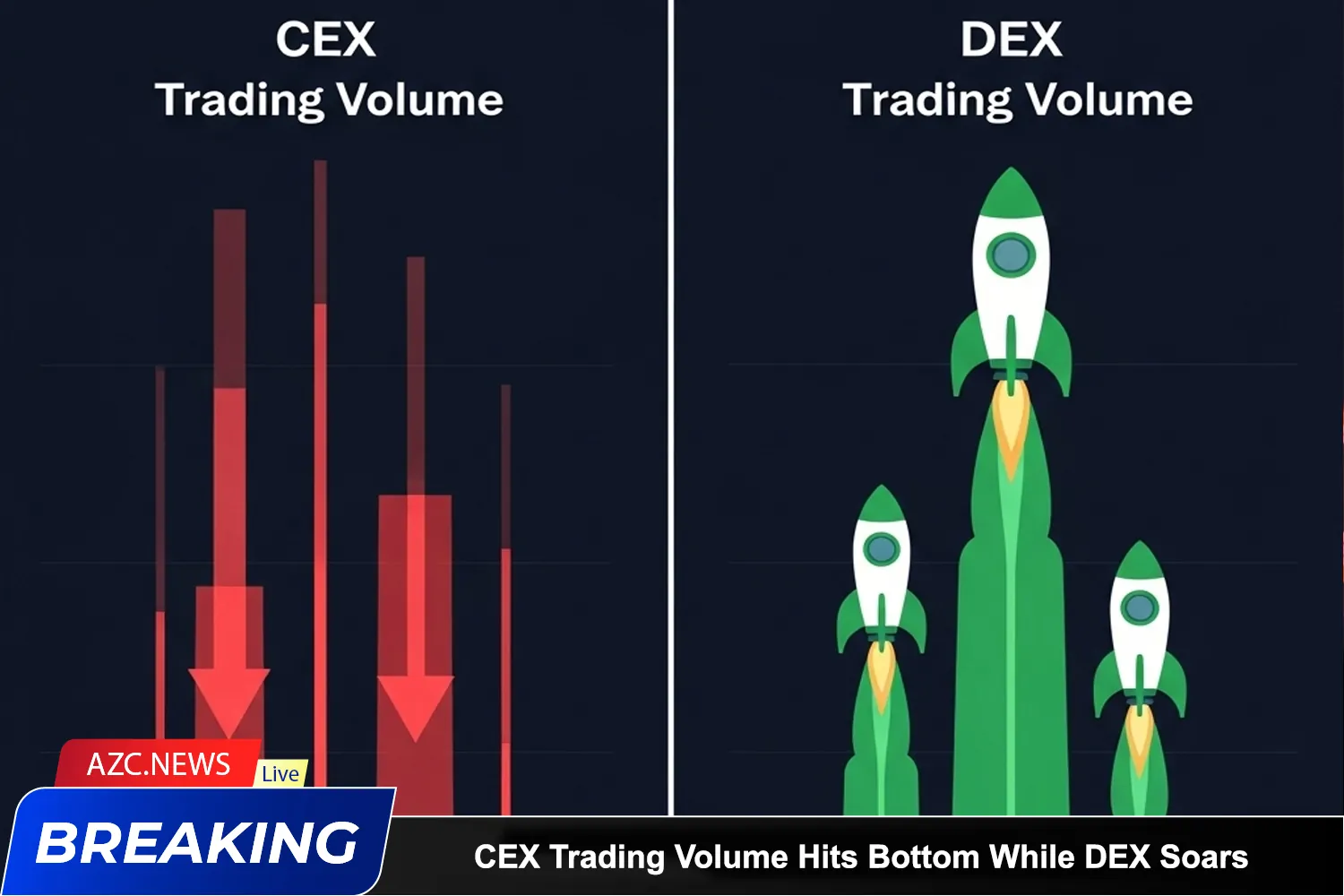Fidelity, the asset manager, suggests that an anticipated interest rate cut by the United States Federal Reserve in 2024 could spark renewed institutional interest in decentralized finance (DeFi) and stablecoins, contingent upon further infrastructure development. While Fidelity initially anticipated institutional entry into DeFi for its yields in 2023, Fed rate hikes steered institutions towards traditional fixed-income products perceived as safer.
The report acknowledges historical concerns about DeFi platforms, including complex interfaces and susceptibility to hacks. Institutions, in a risk-averse environment, found the mid-single digit returns from DeFi yields too modest for the associated smart contract risks.
However, Fidelity projects a potential shift in 2024, envisioning institutions showing renewed interest in DeFi yields if they become more attractive than traditional finance (TradFi) yields and witness the emergence of more developed infrastructure.
Furthermore, Fidelity anticipates that corporations may become more open to the idea of incorporating digital assets into their balance sheets. This expectation follows updated rules from the United States Financial Accounting Standards Board, allowing companies to report both paper losses and gains from their crypto holdings.
Related: US CFTC Issues Report on DeFi, Spotlights Regulatory Concerns
Institutions Eye Stablecoins: Fidelity Forecasts Increased Adoption in 2024
Fidelity anticipates that institutional exploration of U.S. dollar-pegged stablecoins will be a significant catalyst for adoption in 2024. The report highlights the potential for traditional finance (TradFi) firms to bring legitimacy to stablecoins, particularly through applications such as settlements. Fidelity identifies payments, remittances, and international trade as the primary sectors poised for increased stablecoin adoption, driven by the demand for faster and more cost-effective payment methods.
The report also expresses optimism about regulatory frameworks becoming clearer, providing more certainty in the stablecoin space. Fidelity predicts that Tether (USDT) and USD Coin (USDC) will maintain their positions without losing ground in 2024. The expected continuation of growth in this market is contingent on potential Federal Reserve interest rate cuts, which could further drive traction throughout the year.
 OMN
OMN  BTC
BTC  ETH
ETH  USDT
USDT  XRP
XRP  BNB
BNB  SOL
SOL  USDC
USDC  TRX
TRX  DOGE
DOGE 





